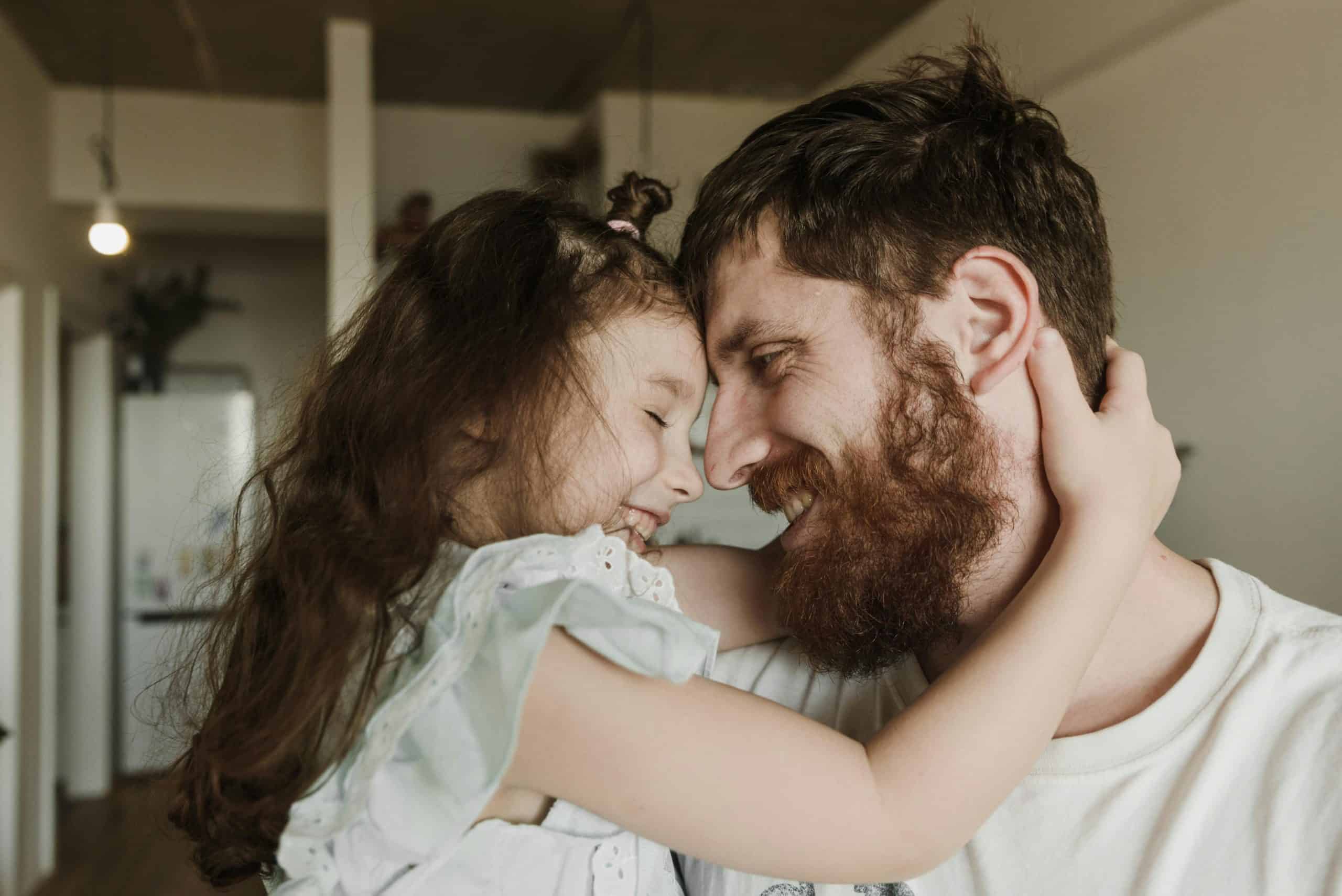Gentle vs. Tough: Which Parenting Philosophy Prepares Kids Best for Real Life?
What’s the best way to prepare children to be emotionally strong and resilient adults? Is there a parenting philosophy that works better than others? Today, two opposite philosophies have parents at odds over which to adhere to. Every parent wants to rear emotionally secure children who are intelligent and hardworking. However, going about that isn’t easy.
Children live in a world that’s changing rapidly and may be completely different from their parents’ world. When I grew up, my parents had full authority in the household. Whatever they said was how it went. They weren’t interested in their children’s input. No discussions or suggestions were needed. If you were disobedient, they didn’t spare the rod. That was called tough love.
Today, soft parenting is how many millennials and younger generations are deciding to handle child-rearing. Not wanting to create emotional issues like being emotionally distant or having low self-esteem, they opt for this kinder, gentler approach. Which way is the right way? Let’s take a look at both.
Tough Love

This parenting philosophy is probably the most recognized. It’s Old School at its best. Parents have full authority, and children’s infractions are reprimanded harshly. There’s love, but obedience was emphasized. Parents are being tough with their children because they don’t want them to end up in jail or the graveyard.
To get them safely to adulthood, they rule with diligence. There were extreme examples that would no doubt be called child abuse today, but that was the acceptable approach. Many live by the adage”Spare the rod, spoil the child,” derived from Proverbs 13:24. So, they don’t hesitate to use the rod. The Bible also teaches moderation in all things, but some may overlook those verses.
The main thought behind tough love is that children learn discipline and responsibility by the strict boundaries their parents set. Parents’ sternness teaches them to respect authority and do the right thing. It’s been said that what doesn’t kill you makes you stronger. So, if strong, successful, independent adults emerged from that, more power to the tougher parenting philosophy.
Soft Parenting
This parenting philosophy takes the opposite approach. Instead of sternness and harsh discipline, understanding and kindness are emphasized. There’s no yelling, “Do what I say,” or “Because I said so!” Parents don’t spank their children, much less strike them with their preferred instruments of punishment. They talk to them gently.
In this parenting philosophy, it’s all about children feeling supported and safe. It encourages children to express their emotions while parents guide them through their issues, helping them resolve them properly. Parents believe that children receiving validation at home is important for their self-esteem in society.
Parents rely on conversation techniques to help children navigate life’s challenges. Parents believe that encouragement and empathy go farther than harsh discipline. Parents brought up with extreme tough love may have developed emotional issues that they want to avoid in their children. Some create calming techniques they feel are best for their children.
Who’s Right?

So, what parenting philosophy is the best? Is it tough love that replies, “I brought you into this world, and I can take you out”? Or is it soft parenting that calmly asks, “Tell me how you feel?” As stated, child-rearing isn’t easy. And if you have multiple children, you’ve probably discovered they don’t all respond the same way to the same methods.
Both philosophies have proven flaws. Being overly harsh can cause trauma, self-esteem, and emotional distancing issues that last a lifetime. On the other hand, too much empathy and gentle coaxing can lead to discipline problems because children lack structure and established boundaries.
The Best Solution
Since the potential for both parenting philosophies to fail miserably is great, researchers suggest a balance between the two. Parents must exercise their authority and establish boundaries to provide structure and guidance. They don’t have to crack a whip (literally), but they must decide what discipline practices they’ll put in place.
After all, children need leadership from their parents, who are their first figures of authority. And parents should lead by example. It’s not what parents say but what they do that children take their cues from. The Clarity Framework is a method that’s been recommended to create balance between the two parenting philosophies.
Developed by education experts, it spells out the word “clarity” by beginning with “Connect” and ending with “Yielding power when appropriate.
Final Thoughts
There you have it. Although neither philosophy is the winner, balance is the takeaway. So, parents should be structured, authoritative, and disciplinarian, but also should be gentle and kind. The best parenting philosophy in the world is to lead with love, be firm when needed, and practice what you preach.







